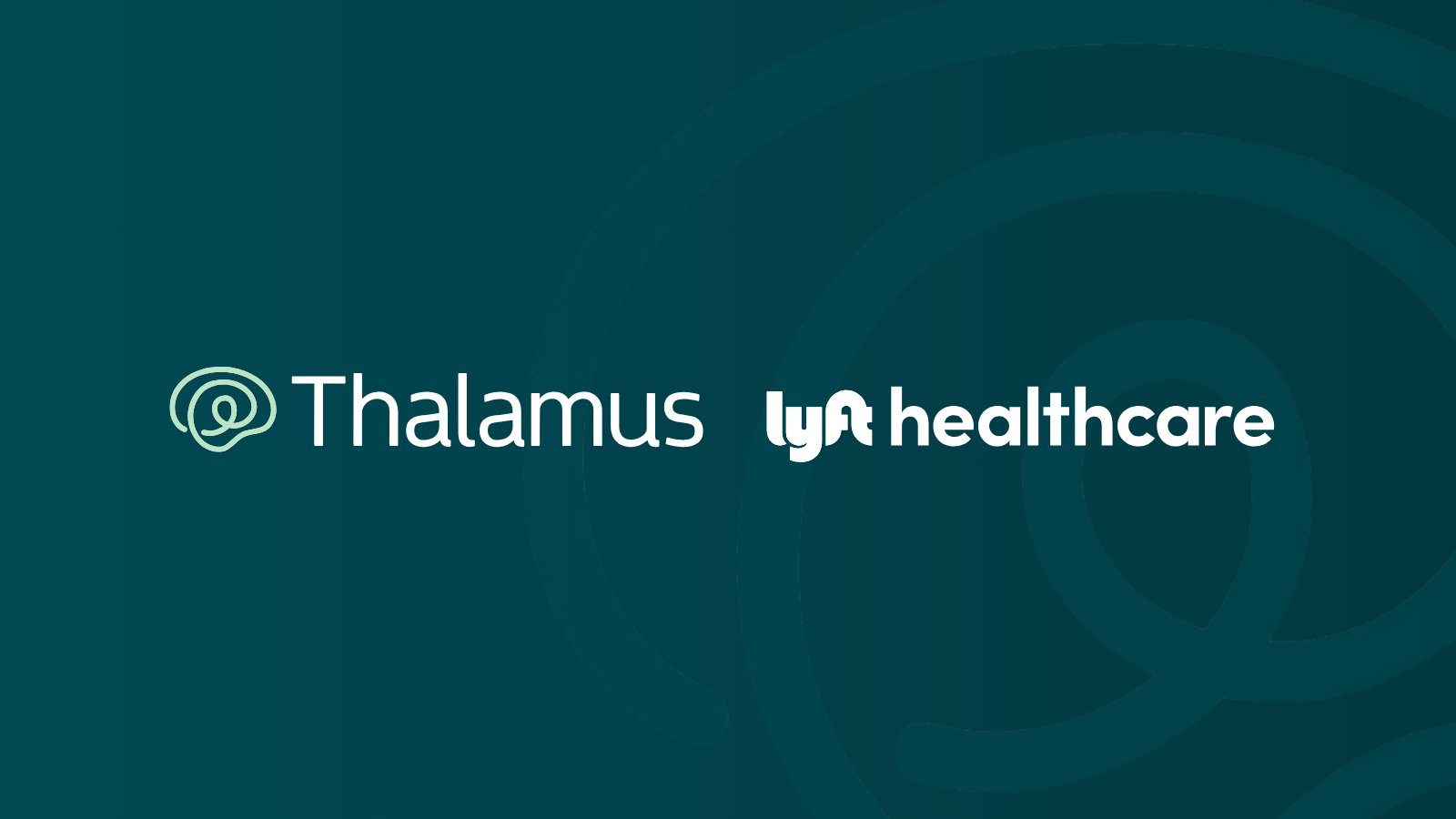GME Community Findings on Virtual Interview Best Practices

Based on Forum, hosted by Thalamus
GME will conduct an entirely virtual interview season for the second consecutive year, and based on the equity and cost savings resulting for both applicants and programs, it is expected that future GME recruitment seasons will continue to be virtual, or at least partially virtual. A program coordinator’s or administrator’s job is to ensure that interviews run as smoothly and effectively as possible for both the interviewers and the applicants.
Based on insights gathered during Thalamus’ recent GME Community Forum on Virtual Interview Best Practices attended by 100+ GME stakeholders, below are community-generated and grassroots recommendations/considerations for how to accomplish a seamless and successful virtual interview season.
Without the ability to host in-person dinners, social events, or hospital tours, how can program coordinators and directors effectively convey the unique qualities of their institutions virtually?
Pre-Recorded Video Content
- Offer “A day in the life:” resident-lead “GoPro” tours of the facilities, or allow applicants to “shadow” a resident going through certain parts of their day.
- Record city tours to introduce applicants to local attractions, coffee shops and other favorite resident spots.
- If residents are comfortable, take applicants on a virtual tour through apartments/homes, to provide a realistic view of what it is like living in the area surrounding your program.
- DEI-focused content: have a diverse range of residents and faculty create content specifically aimed at URM applicants including IMGs (if applicable), discussing how the program supports these groups and combats issues such as implicit bias. Show that there is a community of individuals with similar experiences that can act as mentors to new interns and residents.
Live Virtual Events and Interactions
- Conduct virtual Q&A sessions with small breakout rooms.
- Host virtual happy hours and social events for just residents and applicants so that they can speak freely.
- Vary group sizes and dynamics to promote interaction and community.
Social Media/Marketing
- Consider frequency/types/platform of posts (Twitter, Facebook, Instagram, TikTok, etc.)
- If necessary, overcome hospital restrictions on social media and websites by hosting content on OneDrive, Google Drive, or third-party systems (e.g. Thalamus).
Memorable Gifts
- Provide gift cards to DoorDash, Seamless, or GrubHub.
- Locally relevant gifts such as Cajun seasoning in NOLA, maple syrup in Vermont, or Garrett’s popcorn in Chicago.
- Interactive “kits” featuring icebreaker games or ingredients for happy hour drinks, to offer shared experiences during virtual social events.
Offer Preparation Options to Applicants
- Provide an option for applicants to do a brief technical test ahead of interviews so they are less worried about possible mishaps.
- Conduct practice interviews internally with your staff, and offer that as an option to applicants as well.
With so many participants in so many different locations, virtual interviewing can feel particularly overwhelming to program coordinators, especially those that did not experience the 2020-2021 recruitment season. What are some things program coordinators, program directors, faculty, staff and applicants should keep in mind?
If you’re an applicant...
- Be familiar with the key people and leadership in each program with which you're interviewing.
- Do your best to remain calm throughout the process.
- Have a neutral, non-distracting background.
- Eliminate interruptions and sit somewhere quiet (when able).
- Wear headphones whenever possible as this can improve sound quality.
- Have a wifi extender or plug into a router for the most reliable connection.
- Be prepared for things to go wrong, because virtual interviewing is unpredictable.
- The way you handle unexpected issues could actually make you memorable in a good way, so be flexible and go with the flow, particularly if technical issues arise.
If you’re a coordinator...
- Prep your faculty to be familiar with the technology you’re using to conduct interviews. This is a good opportunity for an educational team development activity.
- Have a backup plan. Make sure interviewers and candidates exchange cell phone numbers in advance (or have them available if privacy is a concern), and establish a protocol in the event of a video issue. Candidates and interviewers should not be confused about how to proceed if a video connection is having problems.
- If you are a new program coordinator, shadow someone more experienced, especially if they went through last year’s virtual season.
- Smile, be warm, and stay steady for the benefit of yourself and the interviewee.
- Communication is key. At the start of your interviews, explain that something might go wrong, but that it won’t impact how the applicant is seen by you or your team. This sets the right tone.
- Use a wifi extender, plug into a router, or be in an office location with a strong internet connection.
- Establish what interviewers (both faculty and resident) are allowed to ask based on NRMP guidelines.
- Send out a “no recording” contract to interviewees ahead of their interview day. Reciprocate by promising the same to your interviewees.
- Emphasize communication, planning and flexibility to your team throughout the process.
Explore our latest insights and updates.





SOAP helps unmatched applicants secure residency spots. With the 2025 Match changes, Thalamus introduces “SOAP Mode” to streamline and support programs through the transition.








